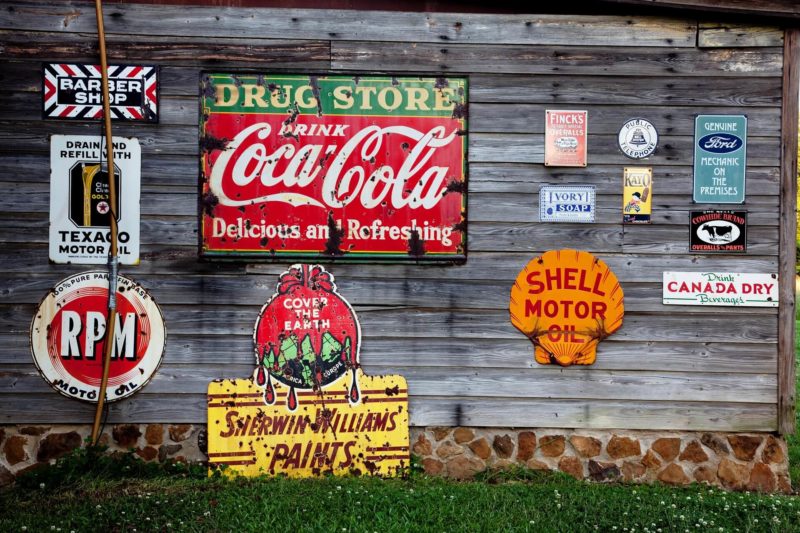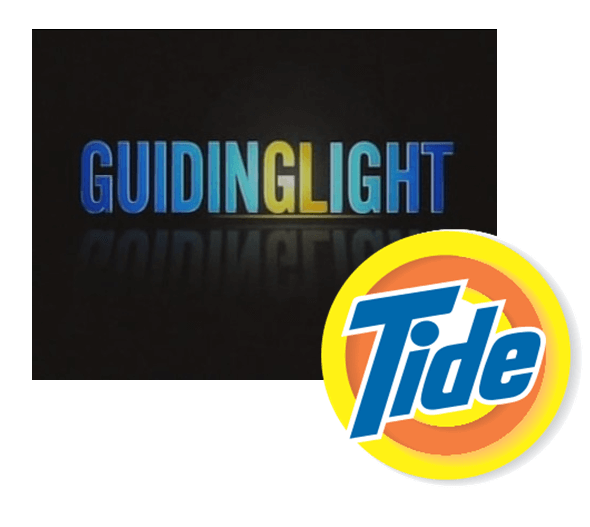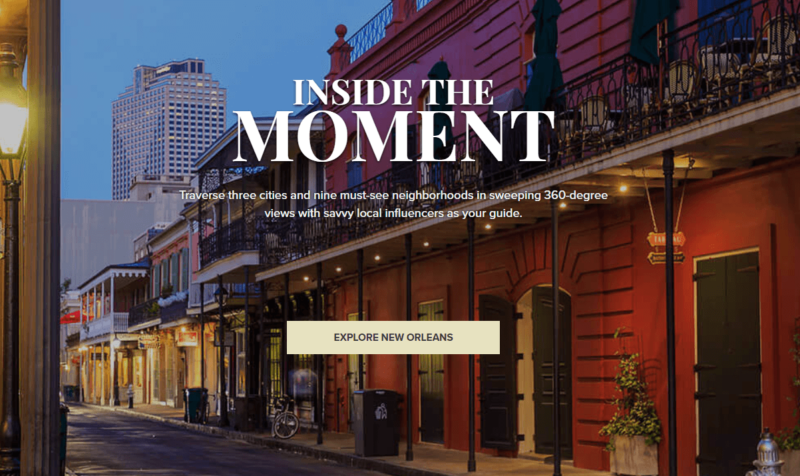How to use good ol’ PPC to support fun and creative branded content
Contributor Kevin Lee looks at creative synergies and the power of collaboration to increase the efficiency of branded content using PPC campaigns.
 Branded content and pay-per-click (PPC) aren’t ordinarily included together in the same section of a digital media plan, but there are definite synergies between these two marketing disciplines.
Branded content and pay-per-click (PPC) aren’t ordinarily included together in the same section of a digital media plan, but there are definite synergies between these two marketing disciplines.
One way to increase the efficiency and profitability of a PPC budget is to examine how PPC can be used to support really fun and creative branded content.
Branded content is evolving
The category of branded content has exploded online within both business-to-business (B2B) and business-to-consumer (B2C) marketing, according to data from PQMedia and Polar.

Image courtesy of Polar.me
Branded content goes by many names, but it originated as “advertorial” content (in print) and as “infomercials” (in broadcast TV). This form of content is still very popular, particularly in certain industry segments in which the use of the brand in advertorials can be authentic and compelling.
In the digital domain, branded content has now evolved to more closely resemble the soap opera model of days long past.
The media strategy behind soap operas was brilliant: Unlike product placement within shows (another form of branded content), large soap manufacturers collaborated with the major television (TV) networks to underwrite the production cost of shows they knew their target audience would love and watch religiously.
Of course, the soap brand names were announced prominently at the beginning and end of any particular episode, and sponsorship arrangements also specified the airing of a certain number of regular advertising spots mentioning the brand.
Where PPC comes in
If the stats are any indication, your company (or client) is probably doing some form of digital branded content already, and this content lies somewhere along the continuum of advertorial, digital product placement (influencers) to sponsored content.
Like the soap opera sponsors of yore, the hope is to make sure the content is interesting, too, and resonates with the right audience.
That’s great news for you as search marketers. With the tools at your disposal, you can make sure more people who are interested in the branded content actually have an opportunity to see it.
In nearly every case, the branded content is centered around keywords that are NOT currently in your PPC campaigns.
The team working on that initiative probably isn’t thinking about amplifying the impact of that branded content (much of which is expensive to produce and place) using PPC search. Branded content opens up a whole segment of keywords you can potentially bid on (some might require specific contractual language).
Here are some general buckets of keywords that probably are new to your campaigns (unless you’ve been developing and hosting a lot of informational and educational content on your site):
1. Keywords related to the topic of the article or content your marketing team is sponsoring. A food brand might be paying for inclusion within a section of an online publisher’s pages where recipes are featured (including that brand as an ingredient). Why not bid on keywords relating to each recipe?
For an athletic-wear brand sponsoring the college soccer coverage on a sports publisher site, why not bid on team names and/or team member names (in conjunction with the sport or team name)?
Or (my favorite), if I were on the marketing team of Smith & Forge Hard Cider, I would be using PPC search to support the amazing Thrillist-produced content in which Thrillist disguised competitive athlete Kenneth Leverich as a senior citizen at Muscle Beach to challenge bodybuilders.
In this example, keywords could be included that include the terms “muscle beach” along with each of the lifts, tricks, moves and even equipment names related to this fun video.
2. Keywords related to the problem solved by the content. When Chase, Ritz-Carlton and The Wall Street Journal teamed up for “Inside the Moment,” they could have bid on the cities, neighborhoods and featured places in their virtual reality (VR) tours of notable cities and places.
3. Keywords related to celebrities or other VIPs used in the content. This may require a line in their contracts to allow their names and likenesses to be used to promote the content, so be sure to check that out before getting started.
For example, 1800 Tequila and Billboard Magazine’s features of “Hip-Hop History” by city included mentions and participation of a lot of popular performers. (To further filter this and other alcoholic beverage PPC support campaigns, remember to use “age” as a demographic filter for bid depression and bid boost.)
Bridging across marketing silos
Agencies play an important role in making sure branded content is on-message and on-brand, particularly if it talks about the brand.
If the content being sponsored is more of an audience-focused strategy to get the brand in front of the right people, then the level of editorial control exerted by the agency should be less, particularly if a very important person (VIP) or influencer is being used.
Things need to be authentic.
I’ve always said PPC search doesn’t sit in a silo. Expanding a PPC campaign to support branded content that costs a pretty penny to produce is a great way to get involved in the broader marketing of your brand.
Because I have a strong interest in nonprofit causes, I especially liked a piece of branded content done by Gawker to educate on the risks of smoking, not just to humans, but also to cats that live with humans, in a simple game called “Catmageddon.”
I’ve become such a fan of branded content and the power of collaboration between publishers/broadcaster/influencers with agencies and clients that I’m actually crazy enough to be bidding on Gawker to apply cause marketing best practices to publishing.
Conclusion
Check with your teams and see if they are doing branded content, and take the opportunity to add significant value to the company and expose you to new PPC strategies.
Contributing authors are invited to create content for Search Engine Land and are chosen for their expertise and contribution to the search community. Our contributors work under the oversight of the editorial staff and contributions are checked for quality and relevance to our readers. The opinions they express are their own.
Related stories



